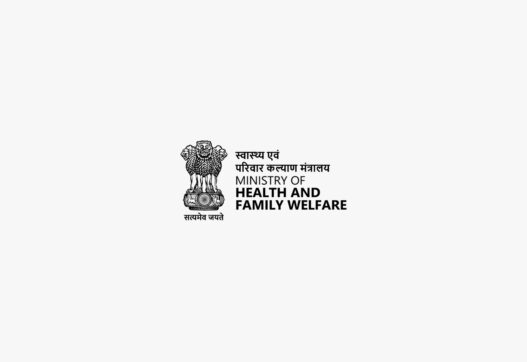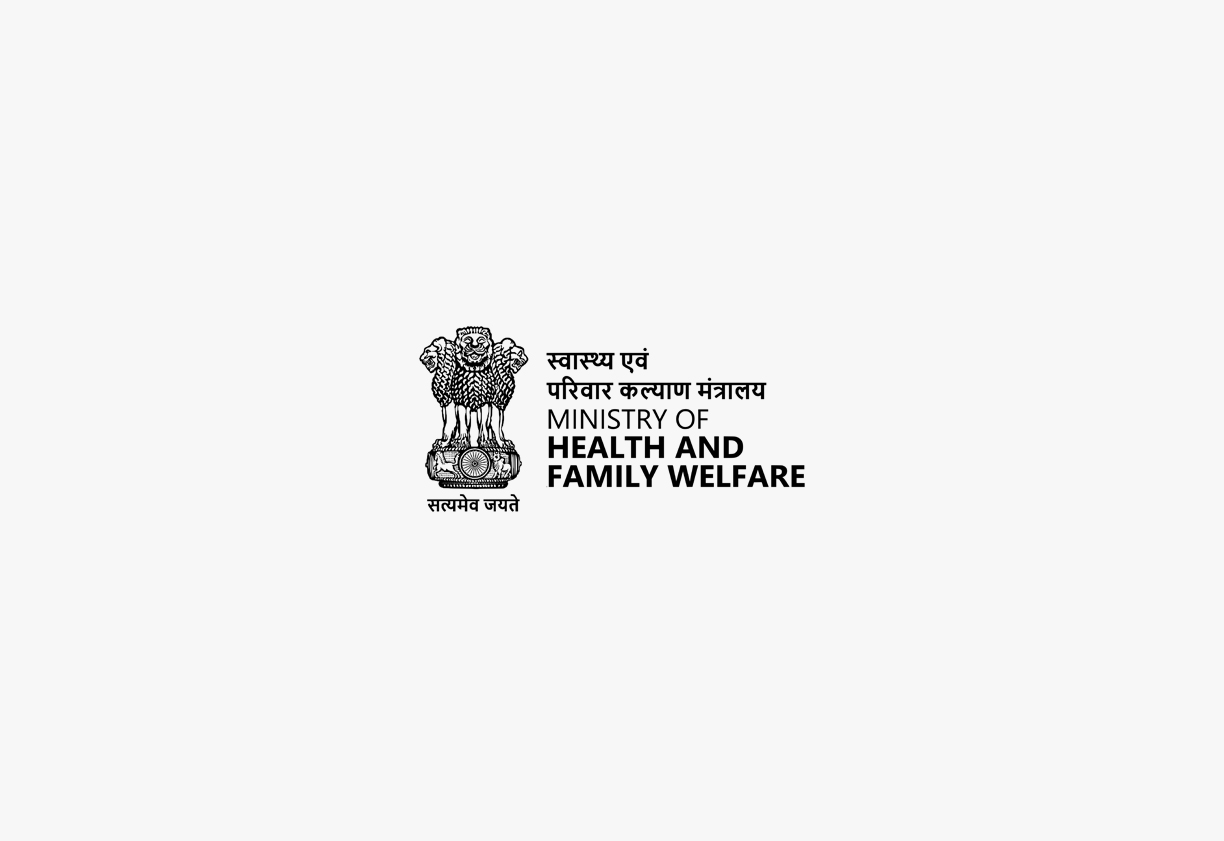Ministry of Health and Family Welfare
1: Act Background and Ministry Under Which This Act Is:
The Post-Graduate Institute of Medical Education and Research, Chandigarh, Act, 1966, was enacted to declare the Post-Graduate Institute of Medical Education and Research (PGIMER), Chandigarh, as an institution of national importance and to provide for its incorporation. The act aims to develop high standards of medical education and research at the postgraduate level. The act falls under the administrative purview of the Ministry of Health and Family Welfare, which oversees the functioning of PGIMER and ensures its alignment with national health objectives. The ministry plays a vital role in promoting medical education and research.
2: Enactment Date, Number of Chapters, Number of Sections:
The Post-Graduate Institute of Medical Education and Research, Chandigarh, Act, 1966, was enacted on 17th December, 1966, and is known as Act No. 51 of 1966. The act is structured into 32 sections, with no formal chapters. These sections cover various aspects such as definitions, establishment and incorporation of the Institute, composition of the governing body, functions, powers, and control mechanisms. The act has been amended over time to reflect changing needs.
3: Act Governed By:
The Post-Graduate Institute of Medical Education and Research, Chandigarh, Act is governed by the Central Government, which has the power to make rules and regulations under the Act. The act also establishes the Governing Body of the Institute, which is responsible for its administration. The act is governed by the provisions outlined within it, as well as rules and regulations framed by the Central Government. It is therefore a combination of central and institutional governance.
4: On Whom It Is Applicable:
The provisions of the Post-Graduate Institute of Medical Education and Research, Chandigarh, Act are applicable to the PGIMER, its governing body, faculty, staff, and students. The act also applies to the Central Government, which exercises control and oversight. The act ensures that all aspects of the institute are in accordance with the regulations outlined, as well as its mandate and guiding principles. The general public are indirect beneficiaries of the act’s provisions.
5: Penalties/Punishments:
The Post-Graduate Institute of Medical Education and Research, Chandigarh, Act does not specifically lay down penalties or punishments for violation of its provisions. However, the act provides for mechanisms to ensure accountability, such as the power of the Central Government to issue directions, appoint a Commission of Enquiry, and oversee the functioning of the Institute. The act ensures accountability through rules, regulations, and supervisory authority. This act therefore prioritizes good governance and public welfare.
6: Important Pointers:
-
National Importance: The act declares PGIMER, Chandigarh, as an institution of national importance.
-
Governing Body: It provides for the constitution and functions of the Governing Body of the Institute.
-
Central Government Control: It outlines the powers of the Central Government to control and oversee the functioning of the Institute.
-
Objectives: It specifies the objectives of PGIMER, which include developing high standards of medical education and research.
-
Functions: It details the functions of PGIMER, including teaching, research, and providing facilities for various health sciences.
-
Fund and Budget: It provides for the establishment of a fund and the preparation of an annual budget for the Institute.
-
Recognition of Qualifications: It allows PGIMER to grant medical degrees, diplomas, and other academic distinctions.
-
Rule-Making Power: It empowers the Central Government to make rules and the Institute to make regulations for carrying out the purposes of the act. The act provides a framework for medical education and research.
7: Act Copy:




